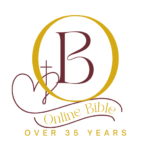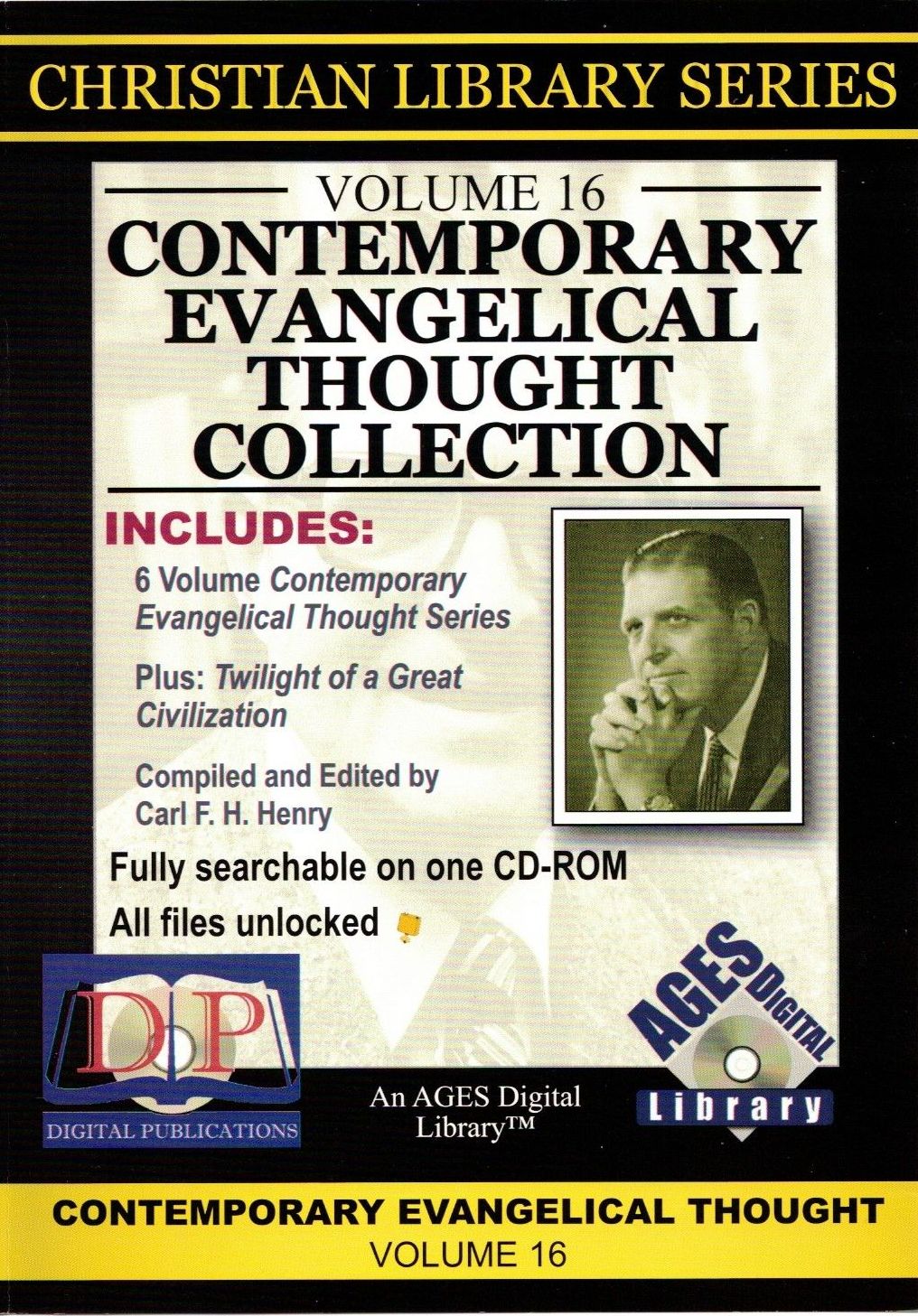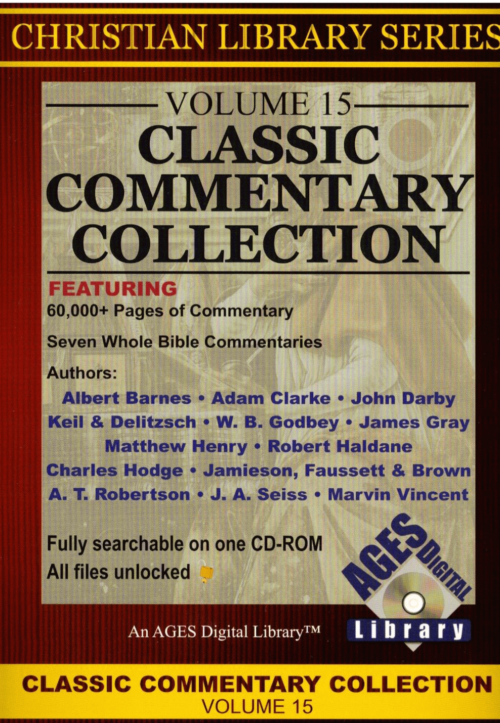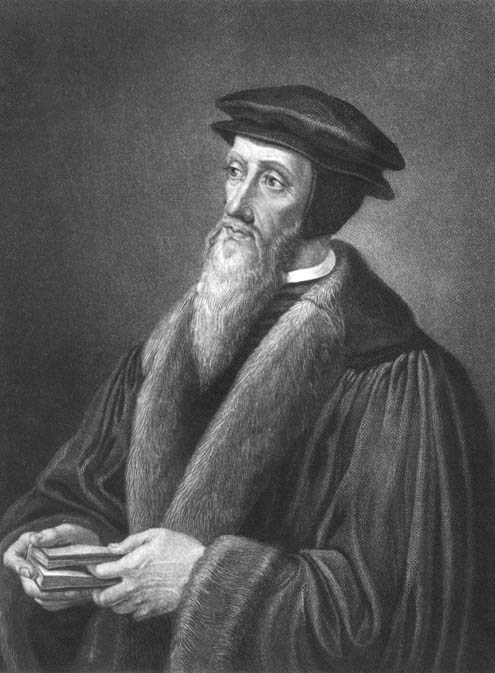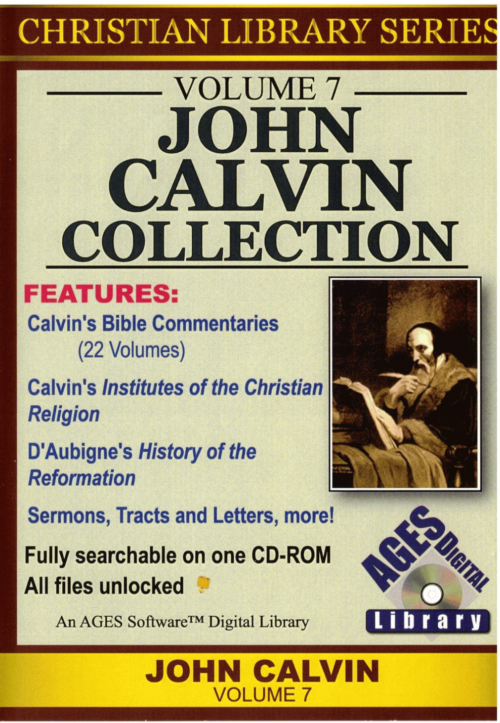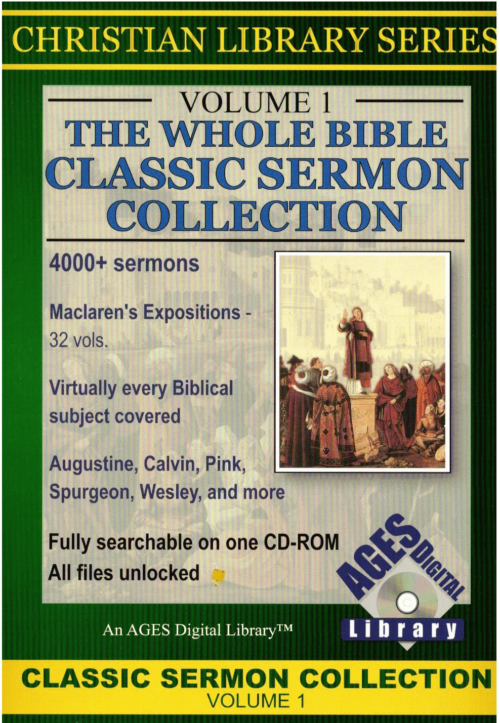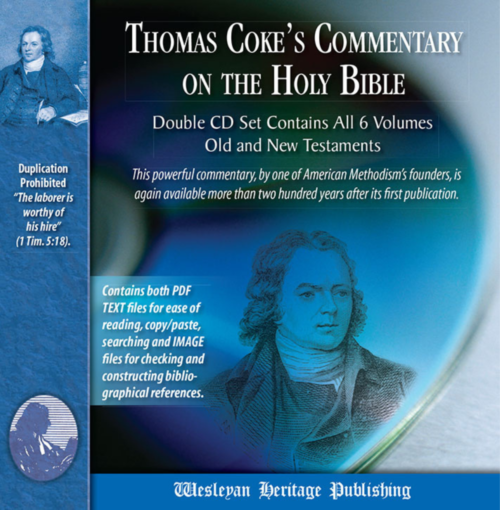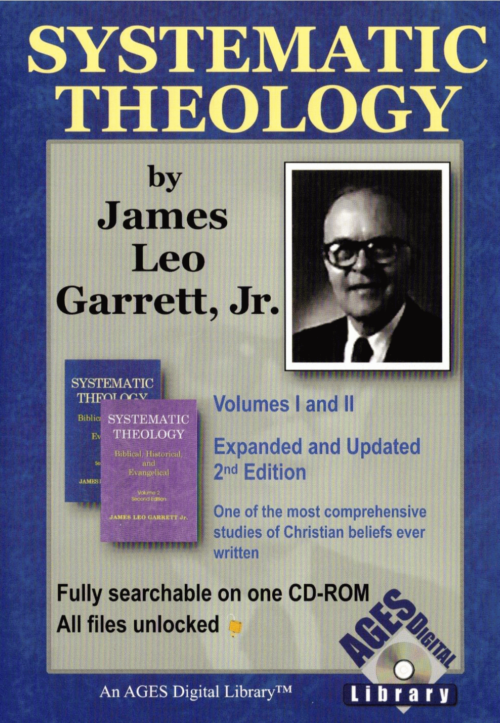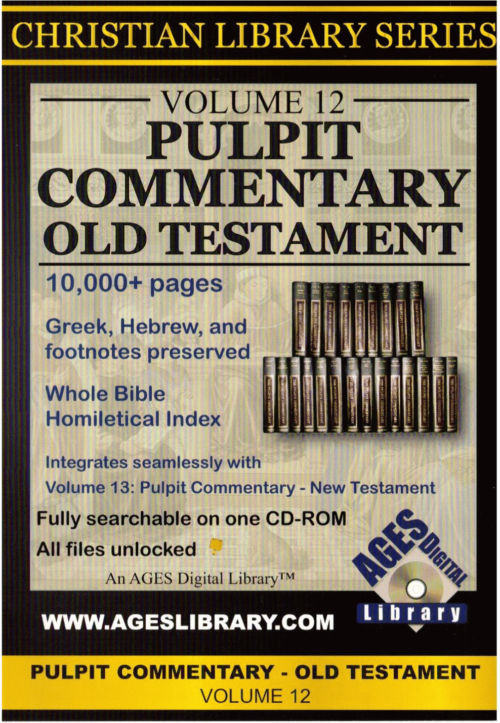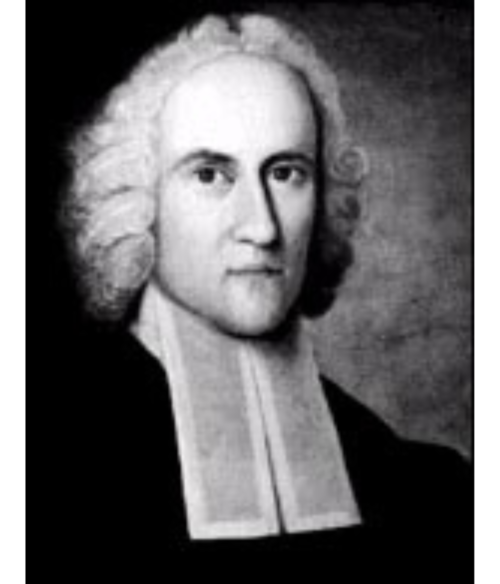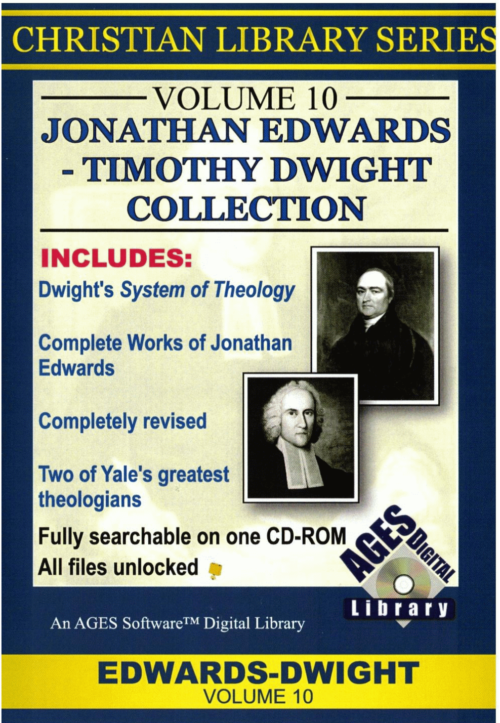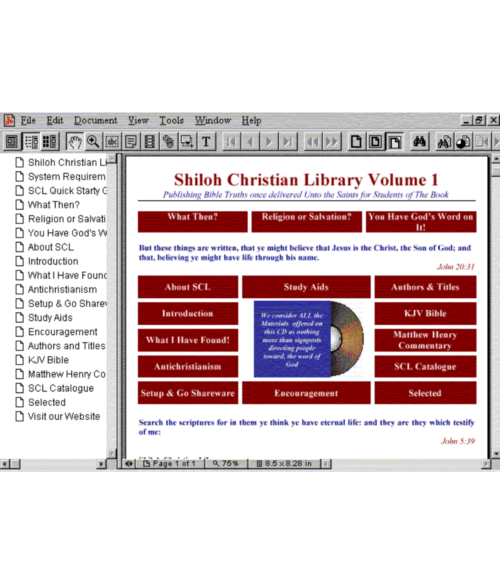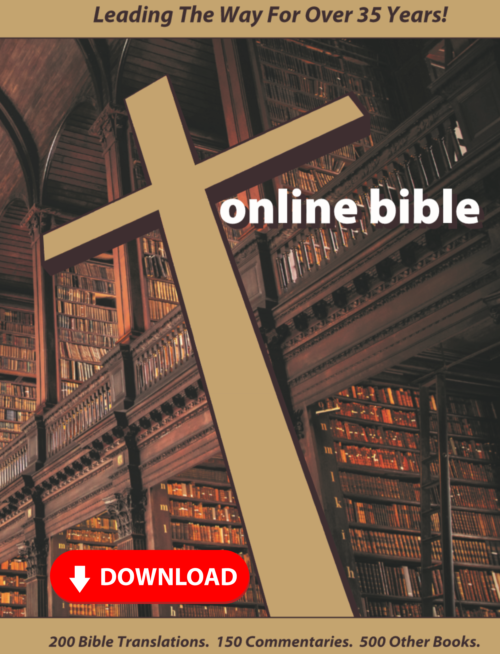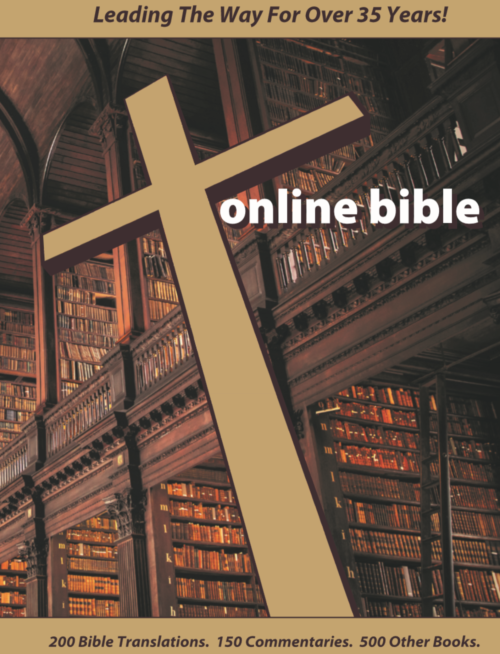#57 Contemporary Evangelical Thought Collection
$19.95
The Contemporary Evangelical Thought Collection, compiled and edited by Carl F. H. Henry consist of six volumes:
- Vol. 1: Contemporary Evangelical Thought
- Vol. 2: Revelation and the Bible
- Vol. 3: Basic Christian Doctrines
- Vol. 4: Christian Faith and Modern Theology
- Vol. 5: Jesus of Nazareth: Savior and Lord
- Vol. 6: Fundamentals of the Faith
These epoch-making volumes speak to the forces that threaten almost all the citadels of Christianity. Nothing is so much needed as an enduring perspective to correct and maintain the focus and range of spiritual sights for a confused, uncertain, and apprehensive world. Just now Christians and others are reappraising its bias against traditional religion and the implicit disdain for religious confessions.
FREE SHIPPING
Complete on one CD-ROM for Macintosh and Windows.
Description
These epoch-making volumes speak to the forces that threaten almost all the citadels of Christianity. Nothing is so much needed as an enduring perspective to correct and maintain the focus and range of spiritual sights for a confused, uncertain, and apprehensive world. Just now Christians and others are reappraising its bias against traditional religion and the implicit disdain for religious confessions.
While evangelical missions and evangelism were tolerated in the twentieth century, the terms “evangelical” and “evangelical thought” were held in derision as anti-intellectualistic shadow from the past. The evangelical movement helped contribute to the decline and fall of the liberal heritage. Its analysis of liberalism’s weakness, and its exhibition of biblical Christianity’s strength, hastened the dawning of a new day.
On front after front the evangelical movement had to contend against sub-Christian and anti-Christian bias. Holding fast to the Gospel proclamation, both on mission fields abroad and in pulpits at home, evangelical Protestantism sounded the only summons to Christ as the Redeemer from sin.
This evangelical witness carried forward the virile literary inheritance of a past which reached back through the Reformation even to the apostolic age. Evangelicals continued to emphasize the inextricable relationship between the fate of the Bible and the fate of Christianity. Interestingly enough, even the newer mediating theology of our day is returning to this awareness.
CARL F. H. HENRY (1913-2003) was the eldest of eight children born to Karl F. and Joanna Heinrich in New York City. His mother was Roman Catholic by family tradition, and his father was Lutheran. His early public education led to his first work as a journalist and reporter. A devout Christian lady introduced Him to the Oxford Group in 1923 he was confronted with the claims of the gospel and became a believer. Sensing a call to ministry, Henry enrolled in Wheaton College in 1935, where he entered into the bosom of the evangelical movement. While at Wheaton he married his life companion Helga Bender (1940). They became parents of two children.
While at Wheaton, Carl Henry established friendships with Billy Graham, Harold Lindsell, and Gordon Clark. Clark was a conservative Presbyterian philosopher who stressed the inherent rationality of theology and belief in God. By the time he graduated from Wheaton (1938) Henry had determined to pursue advanced study in theology. By 1942 he had completed his Bachelor of Divinity and Doctor of Theology degrees at Northern Baptist Theological Seminary.
Nine years after his conversion, Henry had three degrees in theology and clear direction under the banner of a rational and evangelical expression of Christian theism. He taught theology at Northern Seminary until 1947, when he was invited to join the faculty of Fuller Theological Seminary. Fuller Seminary was the project of evangelist Charles E. Fuller, of Pasadena, CA, and Harold J. Ockenga, pastor of Boston’s prestigious Park Street Church. He began his tenure at Fuller Seminary by earning a Ph.D. at Boston University under personalist philosopher Edgar Brightman. Henry taught theology and philosophy, with emphasis on apologetics and ethics, and emerged as a key leader among the Fuller Seminary faculty.
With a background in journalism, impeccable academic credentials, and a proven commitment to evangelical orthodoxy, Carl Henry was poised to become foundinge editor of Christianity Today when it was founded in 1956 in Washington, D.C. Christianity Today was the brainchild of Billy Graham and Harold
- Ockenga. It was to be the banner under which evangelicals could unite to compete in the modern world. Henry served as editor in Christianity Today until 1967, when he was succeeded by Harold Lindsell.
During the ten years Carl Henry served as editor of Christianity Today, he exercised growing leadership in the evangelical movement and helped it earn a worldwide reputation for serious engagement with modern thought.
In the years following his departure from Christianity Today, Henry has continued to teach and write. He has lectured at Trinity Evangelical Divinity School, Deerfield, IL, Eastern Baptist Theological Seminary, Philadelphia, and World Vision.
Under Carl Henry’s tenure as editor of Christianity Today a series of six volumes were published under the title of Contemporary Evangelical Thought (1957-1969). He also wrote Twilight of a Great Civilization: The Drift toward Neo-Paganism (1988) These were supplemented by his monumental God, Revelation and Authority, in six volumes.
Complete on one CD-ROM for Macintosh and Windows.
